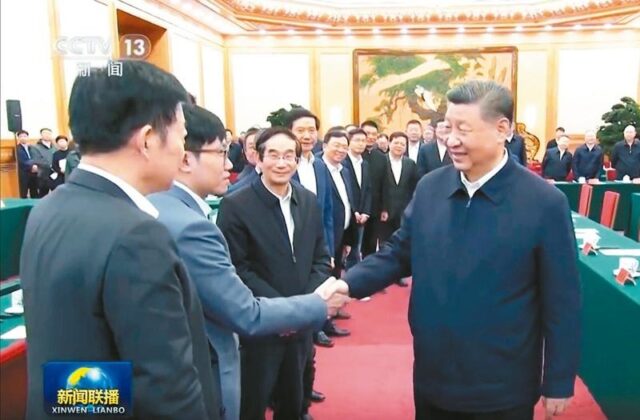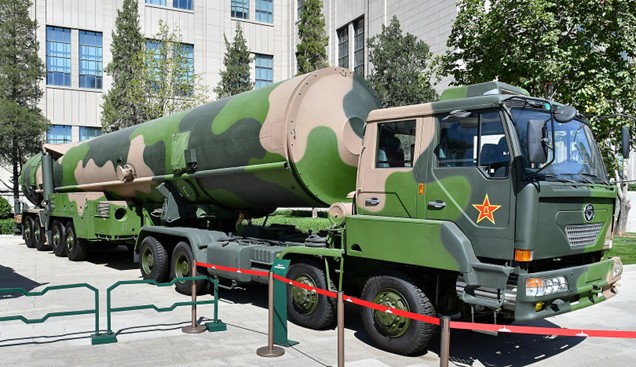Latest Articles about AI

DeepSeek Use in PRC Military and Public Security Systems
Executive Summary: Military procurement documents show that the People’s Liberation Army (PLA) is adopting homegrown artificial intelligence (AI) systems like DeepSeek to accelerate its shift toward “intelligentized warfare.” PLA experts describe DeepSeek not as a single product but as an evolving system architecture. They envision... MORE

New Gains in PRC Robotics Software & Hardware
Executive Summary: A humanoid robotics ecosystem is developing in the People’s Republic of China (PRC). A vertically integrated supply chain is improving global competitiveness and market share in core component technologies. In most segments, Western firms remain dominant. PRC firms note that they are constrained... MORE

AGI Has Quietly Become Central to Beijing’s AI Strategy
Executive Summary: Pursuit of artificial general intelligence (AGI) is a top-priority project within the Party’s increasingly centralized technology planning apparatus. Its success would both close the gap with U.S. firms and bind AGI models to Party-state governance, shaping how intelligent systems are aligned, deployed, and... MORE

‘AI +’ Initiatives Multiply After Years of Experimentation
Executive Summary: By 2035, artificial intelligence (AI) will underpin practically all sectors of the economy and society, according to recent plans from policy planners in Beijing. The upcoming 15th Five-Year Plan could become the first to include “AI+” as a major policy initiative. Development of... MORE

Beijing Accelerates State-Led AI Mobilization Under Xi’s ‘New National System’
Executive Summary: Beijing is moving to systematically embed artificial intelligence into its national innovation system, according to a high-level leadership meeting of the Ministry of Industry and Information Technology (MIIT) in early June. This marks the beginning of a new phase in which AI development... MORE

Experts See Risk and Reward to Integrating AI in Nuclear Weapons
Executive Summary: Chinese experts see potential in the ability of cyberattacks enabled by artificial intelligence (AI) to disrupt nuclear infrastructure and increase the pressure to use nuclear weapons in a crisis. The development of early warning capabilities toward a launch-on-warning posture increases Beijing’s impetus to... MORE

Stabilization and ‘Struggle’: Strategic Signals from April’s Politburo and Trade Meetings
Executive Summary: April’s Politburo meetings and subsequent policy deployments indicate that Xi Jinping and his fellow Politburo members are scrambling to adapt to a harsher external environment—one marked by persistent U.S. tariffs, accelerating technology decoupling, and slowing global demand. Beijing’s response points toward deeper economic... MORE

DeepSeek: A Tool Tuned for Social Governance
Executive Summary: The government of the People’s Republic of China (PRC) does not just envision its “AI+ initiative” as bolstering the national economy but aiding its plans for modernizing its social stability system. DeepSeek has been designed, thanks to regulations, in a way that makes... MORE

Brain-Computer Interface Systems, Qiyuan Lab, and the PRC’s AI Push
Executive Summary: Beijing views brain-computer interfaces (BCIs) as “key and core” technologies, leading to substantial state investment for both civilian and military purposes. Qiyuan Lab, an artificial intelligence (AI) laboratory in Beijing led by a People’s Liberation Army Major General and machine learning expert, has... MORE

PRC Deploys DeepSeek Across Local Governments
Executive Summary: Beijing has moved to codify its development and deployment of artificial intelligence (AI) in domestic and international settings, including at the Two Sessions and the United Nations. At least 72 local governments across the People’s Republic of China have already deployed homegrown AI... MORE